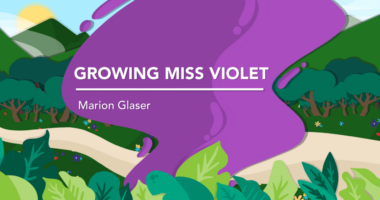Gaucher Type 1 Therapy AVR-RD-02 Granted EU Orphan Drug Status

An experimental gene therapy known as AVR-RD-02 has received orphan drug designation from the European Commission for the treatment of Gaucher disease type 1.
In the European Union, orphan drug designation is granted to companies developing methods to diagnose, prevent, or treat life-threatening or chronically debilitating diseases that have no existing or sufficient therapies, and affect up to 5 in 10,000 people or are unlikely to lead to sufficient returns to justify the investment needed for clinical development.
The designation conveys financial and regulatory incentives during treatment development and 10-year market exclusivity upon approval.
“Our investigational gene therapy is designed to address the head-to-toe manifestations of Gaucher disease with a single dose. We’re pleased to receive orphan drug designation, which recognizes the potential of our approach to transform the standard of care — and, we hope, the quality of life — for people living with this rare genetic disorder,” Geoff MacKay, president and CEO of Avrobio, the company developing AVR-RD-02, said in a press release.
Gaucher affects the function of lysosomes, cellular structures that use enzymes to break down substances in the cell. The disease is caused by a mutation in the GBA gene that leads to the production of a defective form of the enzyme beta-glucocerebrosidase (GCase) that is unable to break down the large molecule glucocerebroside, causing a toxic accumulation of fatty substances in immune cells.
AVR-RD-02 uses blood precursor cells, called hematopoietic stem cells, collected directly from the patient and modified with a lentivirus vector, which is used in gene therapy to carry a healthy gene and integrate it into the patient’s cells. Ultimately, AVR-RD-02 is intended to deliver healthy GCase to restore GCase production and reduce the levels of toxic molecules in cells.
Avrobio announced earlier this year that the first patient had been treated in a Phase 1/2 trial of AVR-RD-02 called GuardOne (NCT04145037). The study, which is expected to end in September 2022, will include an estimated 16 participants, ages 16 to 35, with Gaucher type 1 to test the safety and efficacy of the treatment.
Patients may be eligible if they have been using enzyme replacement therapy for at least two years, or have not used this treatment nor substrate reduction therapy for at least one year, among other criteria. Notably, while enzyme replacement therapy aims to replace dysfunctional GCase, substrate reduction therapy works by blocking the production of fatty molecules.
AVR-RD-02 received orphan drug designation from the U.S. Food and Drug Administration in 2019.



